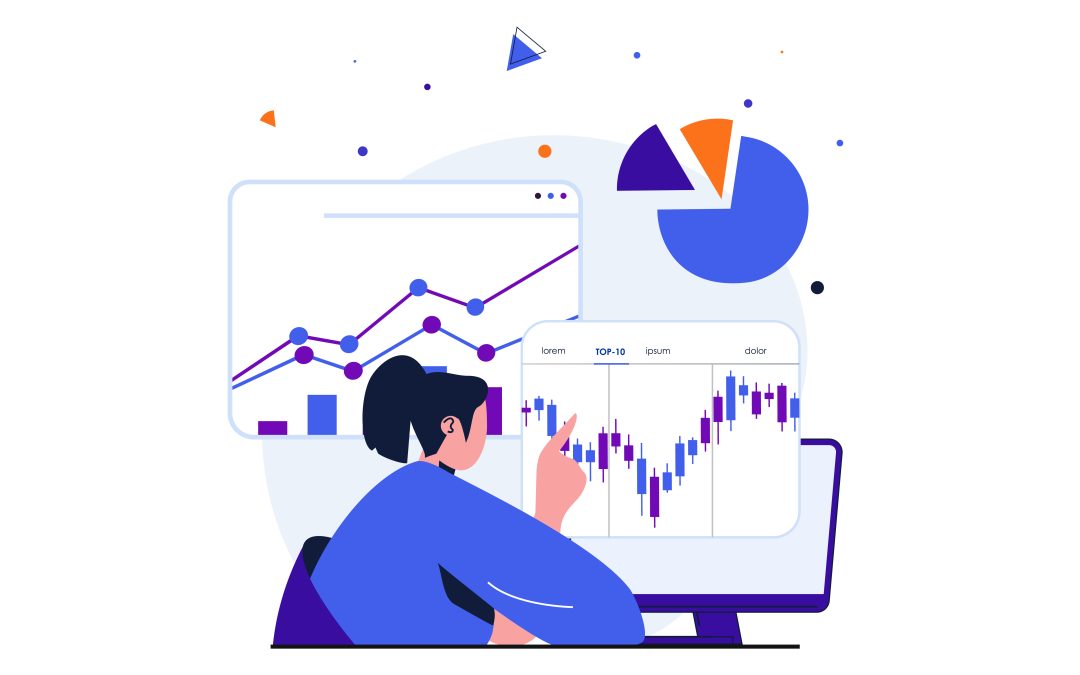Unlocking the Vault: 6 Game-Changing Processes to Leverage Real-Time Financial Data in Your Small Biz
Embrace the future of finance in your small business by implementing these six crucial processes. Transform real-time data into actionable insights and watch your business thrive.
Introduction to the Power of Real-Time Data in Small Businesses
In the fast-paced world of small business, staying ahead of the curve isn’t just a business goal—it’s a necessity. Real-time financial data isn’t just a buzzword; it’s the backbone of savvy decision-making. But how can you harness this powerhouse? Well, buckle up, because we’re about to dive into the six best processes that’ll have your small business not just surviving, but thriving.
Understanding Your Current Financial Standing
Before you can run, you’ve got to walk—right? Grasping your business’s current financial status is step one. This involves:
- Regular financial health checks
- Up-to-date bookkeeping
- Clear, accessible financial reporting
Budgeting Like a Boss
Here’s where the rubber meets the road. Implementing a dynamic, real-time budget allows your business to:
- Respond to financial insights immediately
- Allocate resources more efficiently
- Avoid financial pitfalls before they happen
The Forecasting Frontier: Predicting Future Trends
By leveraging real-time data, small businesses can:
- Anticipate market changes
- Plan for various scenarios
- Stay one step ahead of the competition
Cash Flow is King: Ensuring a Steady Stream
Maintaining a healthy cash flow is critical. Real-time data helps businesses:
- Monitor incoming and outgoing cash
- Make informed spending decisions
- Identify potential cash flow problems before they arise
Debts and Dues: Managing Liabilities Efficiently
Real-time financial data is a game-changer for managing debts. It enables businesses to:
- Prioritize high-interest or urgent debts
- Negotiate better terms with lenders
- Keep a close eye on all due dates and payment plans
Investment Insights: Where to Put Your Pennies
Finally, knowing where to invest your hard-earned cash can make all the difference. The key is to:
- Identifying lucrative investment opportunities
- Understanding the risks and returns
- Making data-driven investment decisions
Frequently Asked Questions
- How often should I review my real-time financial data? Ideally, daily, but at least weekly to stay on top of trends and issues.
- Can real-time financial data help with tax planning? Absolutely! It can help optimize your tax position and forecast tax liabilities.
- Is implementing real-time financial data expensive? Costs vary, but the long-term benefits often outweigh the initial investment.
Wrapping Up the Financial Feast
Now you understand that diving into the realm of real-time financial data isn’t just beneficial; it’s essential for the modern small business. By adopting these six best processes, you’re not just keeping up; you’re setting the pace. Remember, knowledge isn’t just power—it’s profit. Need guidance with real-time financial data? Cheryl Jefferson & Associates is happy to help!
Contributed by: Cheryl Jefferson Cooke

